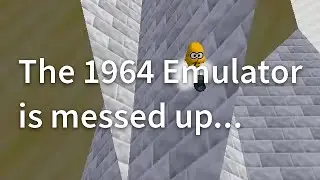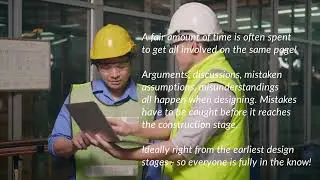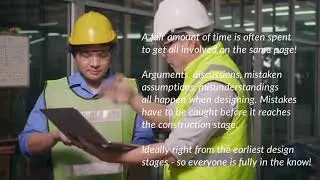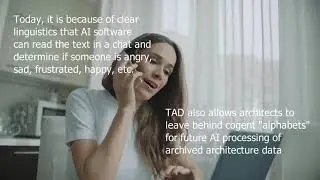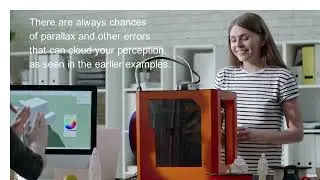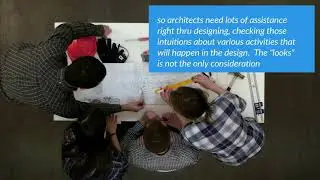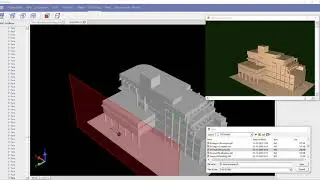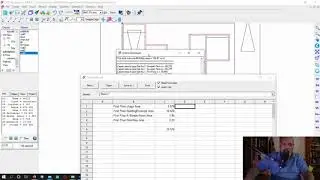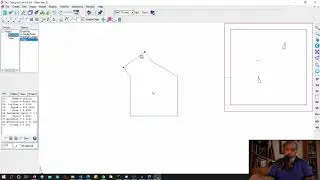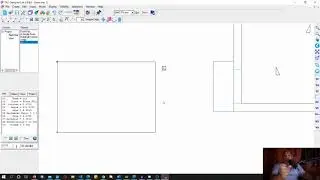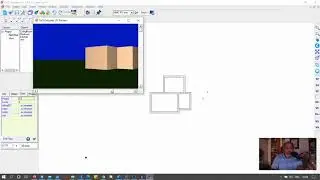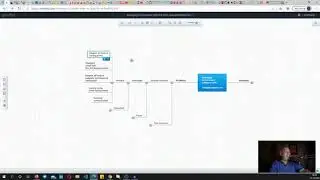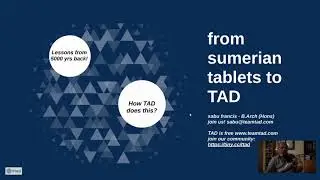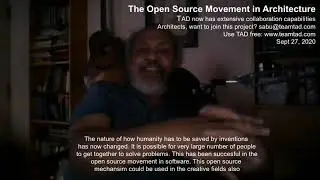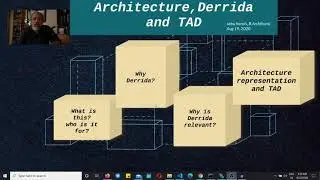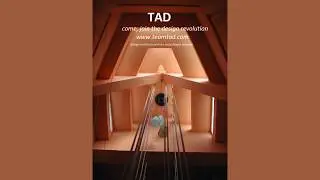Descriptive Claims in architecture theory and TAD
The branch of philosophy called "epistemology" enquires into how knowledge gets built. When we are building up knowledge of a subject; mere descriptions are not sufficient. Authors need to stick their necks out and take positions. They need to make normative claims -- boldly say "this" is good, and "that" is bad. If such claims are not there, we cannot really know what to debate. Also, people coming in later; after the author, would anyway interpret and often those interpretations can be wrong. The worst part is that we do not know when thy are wrong -- which makes the knowledge of that subject a lot more corrupt.But bulk of the discourses on architecture are just that: A practicing architect; for example, does not spend much time thinking of it. He/she is busy making drawings. There are practical realities to be considered. All in all; the empirical considerations in architecture has resulted in a huge amount of descriptive claims and not much normative ones. So norms do not get finalized easily in architecture. We see architecture contribute at the leading edge for global environment issues the world faces today. TAD is an AIM (Architecture Information Modeling) tool which is trying to put together one system not just for descriptions but for staking normative claims too -- quite holistically. It is for the process and not just for the eventual product.Come and participate with us!
• Descriptive Claims in architecture theory ...




